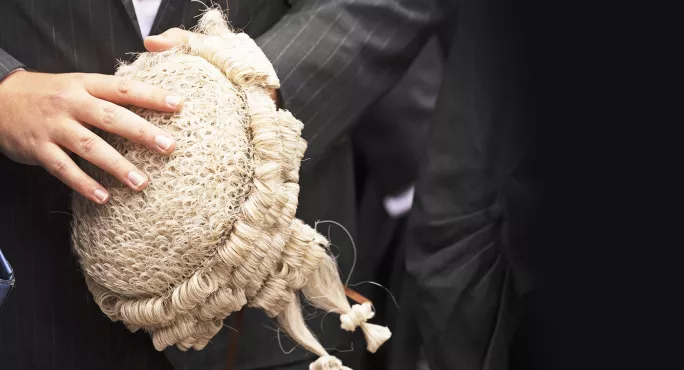Six families have filed a claim in the High Court over the government’s decision to apply VAT to private school fees.
The judicial review case will challenge the introduction of 20 per cent tax on independent primary and secondary schools.
Chancellor Rachel Reeves confirmed in the Budget in October that the policy would apply from next January 2025.
The case argues that the government’s policy is “incompatible” with the Human Rights Act, as well as the right to education guaranteed by the European Convention on Human Rights.
In a response to its formal consultation on the policy, the Treasury said the new levy is consistent with all of the UK’s human rights obligations.
Impact of policy felt ‘far and wide’, families warn
The families warn that the impact of the policy is already being felt “far and wide”.
According to the claimants, children with special educational needs and disabilities (SEND) are facing “real uncertainty”.
The Independent Schools Council (ISC) and NASUWT teaching union have previously called for the government to undertake an impact assessment on the effects of the policy on the SEND system.
Families of vulnerable girls in single-sex schools, represented by legal firm Kingsley Napley, say they are confronting “painful choices” due to the policy.
Currently, independent schools do not have to charge 20 per cent VAT on their fees because there is an exemption for the supply of education.
The Treasury has estimated that private school fees will increase by 10 per cent as a result of the tax increase.
It also expects the VAT policy to raise more than £1.7 billion a year by 2029-30, according to the recent policy costings.
Concerns that parents are having choices ‘removed’
The families are supported by the ISC, which is an umbrella body for seven associations representing over 1,400 independent schools. It is also attempting legal action against the government over the VAT policy.
ISC chief executive Julie Robinson said that the government’s “blanket approach” means the impact of the policy is likely to be felt “immediately” by many families and children.
“It is to protect the rights of these families, who are having their choice removed from them by this policy, that we are seeking a declaration of incompatibility,” she said.
The legal action comes after the ISC previously joined with teaching unions to urge the government to delay the policy.
In a response to the Treasury’s consultation, both the ISC and the Association of School and College Leaders urged for the policy to be pushed back to September 2025.
The ISC added that it would be “more practical” for schools that have already set their budgets for 2024-25.
The independent schools’ body also expressed concerns at the latest round of Treasury guidance, calling it “poorly drafted” and warned that it “does not give schools the information they need to operate VAT from January”.
And a private school leader warned that independent school headship turnover may be “accelerated” as a result of the policy.
A government spokesperson said: “We do not comment on potential litigation matters.”
For the latest education news and analysis delivered every weekday morning, sign up for the Tes Daily newsletter




